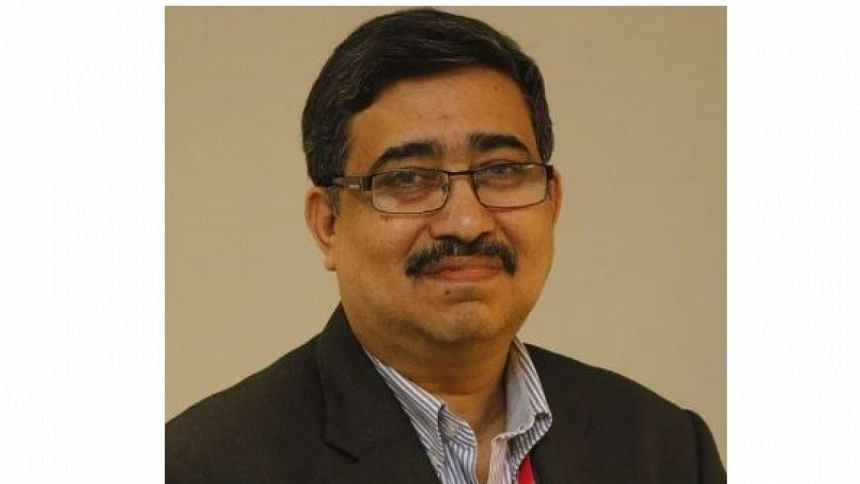Driving long-pending reform agenda

For years now, a plethora of reforms have been suggested by relevant stakeholders. As reactionary measures in a lot of instances, the government has explored some of these reforms and is taking steps in the right direction. However, considering where the economy stands right now and comparing with relevant countries, Bangladesh has significant ground to cover.
Reform in the banking sector has become a far cry now. While major private banks are able to maintain a respectable non-performing loan ratio, the situation in the public banks is dire. Building good governance and transparency in the operations and dealings of these banks is long overdue. Moreover, adherence to various criteria is essential to ensure that there is adequate access to foreign funding.
Several measures are being taken to increase the revenue base of the government, but the question remains whether that is enough? Alongside, it is important that government service delivery and projects truly reap the expected benefits.
State-owned enterprise (SOE) reform is an area that's getting overlooked. We can see steps being taken to improve transparency of SOEs' financial reporting, but steps should also be taken to make them efficient. There are SOEs that have huge amounts of assets, significant budgets and receive large amounts of subsidies but are not generating any noteworthy economic results.
With the pending LDC graduation and overall advancement of the economy, the focus in the medium to long term should be attracting much greater foreign investments. For this to occur, a climate to support and encourage the required foreign investment is needed.
Bangladesh's foreign direct investment inflow is one of the worst in the region and among comparable countries. Business laws and regulations, overall corporate governance and bureaucratic procedures should be updated to support businesses. Diversification of trade will also be impossible if new business ideas and innovations never see the light due to unwelcoming bureaucratic environment.
The education system requires attention as there is a need to re-evaluate what students are really learning up to higher secondary level. Curriculums should be developed to provide context of further learning and practical applications, and this is not currently present for most students.
It is critical that universities prioritise research and practical learning with the intention of convincing potential students that quality higher education is possible in Bangladesh by providing greater realistic options to them. To achieve this, the education sector requires substantial investment to foster innovation and skill development, aligning with the evolving demand of a globalised workforce.
Reforms in the healthcare sector are essential to strengthen the system's resilience and ensure better access to quality healthcare for all citizens. In a recent work call, one factor that was highlighted by a healthcare sector expert was the lack of proper infrastructure needed to support advanced medical treatments.
The public sector should work in close collaboration with the private sector to establish industry-friendly regulations such that growth can be ensured.
All being said, none of these reforms mean anything without proper execution. Moreover, ensuring eco-friendly practices during such implementation is vital for long-term sustainability. While policymakers are aware of what needs to be done, a significant change in mind-set is needed for everyone to work towards the collective good instead of individual gains.
With obvious steps being delayed or ignored for individual or political agendas, no amount of discussion on reforms will solve the problems. Additionally, the people with the responsibilities should have at least some level of accountability to who they're serving, the public.
The author is an economic analyst

 For all latest news, follow The Daily Star's Google News channel.
For all latest news, follow The Daily Star's Google News channel. 



Comments